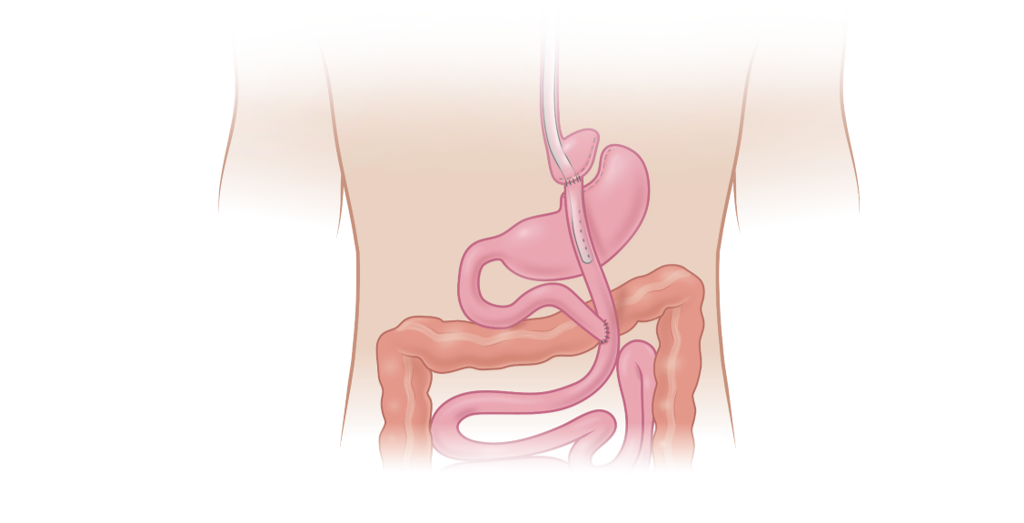A recent article published in the Journal of the American Medical Association (“Association of Weight Loss Achieved through Metabolic Surgery with Risk and Severity of COVID-19 Infection“) finds that among patients with obesity, weight loss achieved with surgery, compared with no surgery, was associated with a significantly lower risk of hospitalization, need for supplemental oxygen, and severe disease after contracting COVID-19 infection.
Obesity is associated with systemic inflammation (inflammation that involves the entire body without a proven source of infection), immune dysfunction (an immune response of the body acting against its own cells or tissues), and a hypercoagulable state (an increased tendency to develop blood clots). COVID-19 is a proinflammatory (capable of causing inflammation) and prothrombotic (tending to promote blood clotting) disease. Impaired lung function and coexistent lung, heart, and metabolic disorders can also play a role in the severity of COVID-19 infection in patients with obesity. This study hypothesized that after achieving a large amount of weight loss through metabolic surgery, patients with obesity become less vulnerable to developing severe acute complications from COVID-19 infection.
This retrospective study was conducted at the Cleveland Clinic Health System (CCHS). Patients considered for the surgical group were between 18 to 80 years of age, had a BMI between 35 and 80, and underwent either Roux-en-Y gastric bypass (RYGB) or sleeve gastrectomy (SG) between 2004 and 2017. The control group excluded anyone with a history of metabolic surgery and anyone outside the range of BMI and age as restricted by the surgical group.
The objective of this study was to examine the association between successful weight loss intervention and improved COVID-19-related outcomes. At the time of the COVID-19 diagnosis, patients in the surgical group achieved a 20.0-kg lower body weight and better glycemic control than those in the non-surgical group.
Results showed COVID-19 positive patients who had undergone weight loss surgery had “a 49% lower risk of hospitalization, 63% lower risk for need for supplemental oxygen, and a 60% lower risk for severe COVID-19 infection” when compared to the non-surgical control group.
Although the exact underlying mechanisms remain uncertain, this data suggests that patients with a history of weight loss surgery were generally healthier at the time of contracting COVID-19, which may be associated with better clinical outcomes.
Boehringer Laboratories is proud to offer the ViSiGi® bariatric calibration system with products designed specifically for Roux-en-Y gastric bypass (RYGB) and sleeve gastrectomy (SG).
Back to Blog


